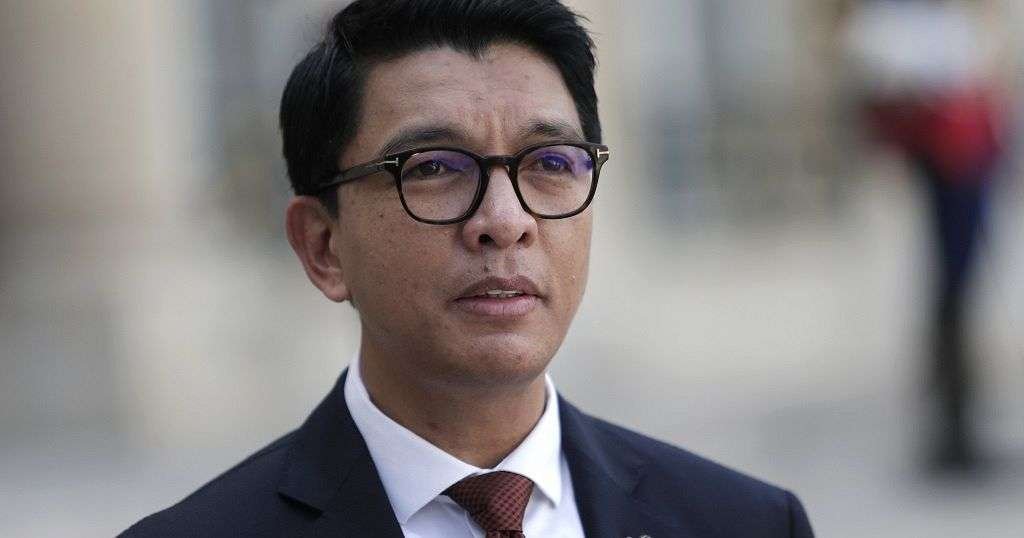Antananarivo, Madagascar – (African Boulevard News) – The highly anticipated presidential election in Madagascar has been postponed by one week, as announced by the country’s highest court. The High Constitutional Court exercised its regulatory power and ordered the first round of the election to be rescheduled to November 16, 2023. This decision comes as a surprise to many, sparking speculation and concern among the public.
The postponement of the presidential election is seen as a significant development in Madagascar’s political landscape. The decision by the High Constitutional Court was met with mixed reactions from the public, with some expressing frustration over the delay, while others believe it is necessary to ensure a fair and transparent electoral process.
According to the court, the decision to postpone the election was made in order to address certain logistical and administrative challenges that have arisen. This includes the need to resolve issues related to voter registration, ballot printing, and the distribution of voting materials across the country. The court emphasized the importance of upholding the integrity of the electoral process and ensuring that all eligible citizens have the opportunity to exercise their right to vote.
Political analysts have highlighted the potential implications of this postponement on the overall political climate in Madagascar. The delay may lead to increased tensions and heightened political rhetoric, as candidates and their supporters gear up for the extended campaign period. It also provides an opportunity for candidates to reassess their strategies and gain more time to connect with voters.
Citizens and stakeholders are eagerly watching the developments unfold, eager to see how this delay will impact the presidential race. With Madagascar facing numerous challenges such as poverty, corruption, and environmental issues, the outcome of the election will have significant consequences for the nation’s future.
In light of the postponement, the candidates have been urged to maintain a peaceful and respectful campaign. They are expected to continue engaging with the public, presenting their policies and vision for the future of Madagascar. The extended timeframe also allows the Electoral Commission to address any issues that may arise and ensure a smooth election process.
As the new date draws near, it is crucial for all parties involved to work together to ensure a free, fair, and transparent election. The international community will also be closely monitoring the developments, as Madagascar strives to strengthen its democratic institutions and uphold the rule of law.
In conclusion, the unexpected postponement of the presidential election in Madagascar has raised concerns and anticipation among the public. The decision by the High Constitutional Court to delay the election by one week is aimed at resolving logistical and administrative challenges, but its implications on the political landscape are significant. Candidates and stakeholders must navigate this extended campaign period with caution, as the outcome of the election will play a crucial role in shaping the future of Madagascar.

